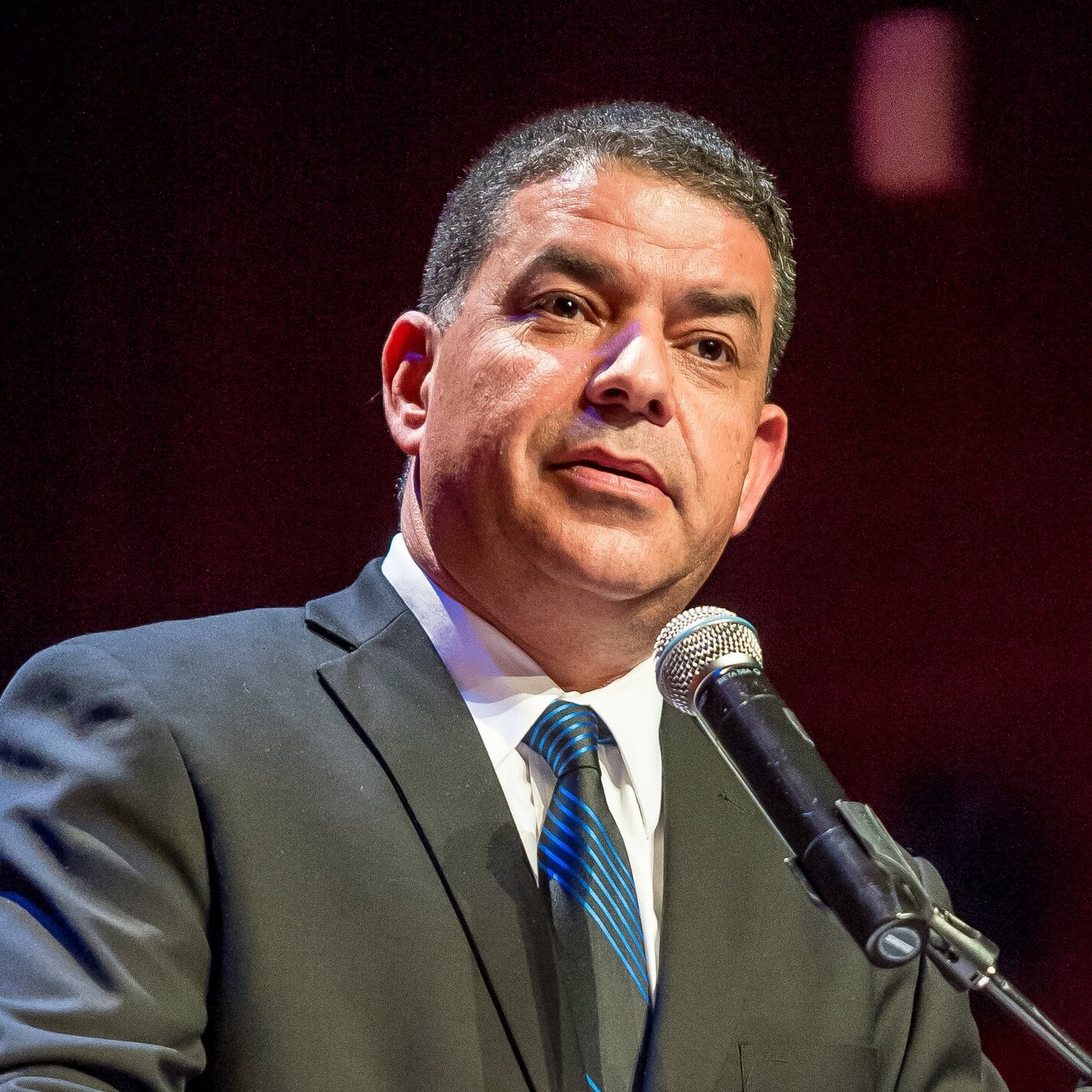By Avishai Levi
Quietly, the Israel Defense Forces is preparing intensively for its main war scenario – a potential Third Lebanon War against Hezbollah.
The primary threat posed by Hezbollah is its mammoth rocket and missile arsenal, which includes long-range and precision weapons.
In the event of war, the Israeli Air Force together with the Israeli ground forces will have to deal with this grave threat to the home front.
In the opening phase of a war, the IDF will need to be able to launch air and ground strikes of various types to target Hezbollah’s long-range projectiles.
If necessary, the ground forces will, parallel to these strikes, have to move into Lebanon in order to reach launch zones and suppress fire against the Israeli home front.
The IAF has a strong ability to operate under fire, even with Hezbollah targeting its airbases. Israel possesses the most advanced air defense systems in the world.
These defense systems will defend the State of Israel, including critical civilian infrastructure, and they will also be able to defend themselves in the face of expected Hezbollah attempts to harm Israel’s air defense batteries.
The IDF has an entire combat doctrine for operating under this type of threat and is fully aware that it would be a major target of Hezbollah’s firepower in a future conflict.
Offensively, the IDF has built up a large database of different types of targets. This is the product of hard intelligence work, aimed at enabling the IDF to strike during the opening phase, as combat progresses, and through to the end of the war.
Israel must be able to target Hezbollah’s precision and statistical projectile launchers, as well as its array of unmanned aerial vehicles, themselves part of Hezbollah’s precision strike capabilities.
One of the IAF’s main objectives in such a scenario will be to shorten the length of the war. This can be done by targeting Hezbollah’s leadership, its command centers, and other pressure points, including targets belonging to the Lebanese state.
The IDF’s meticulous preparations include such operational planning.
The IAF is able to strike thousands of targets per 24 hours and knows the precise coordinates for its targets. All it needs to do is prioritize which targets to hit first, and those priorities will guide the IAF’s actions on the given days.
In addition, the IAF will be able to gather information on new emerging targets in real-time. Even without such new targets, the IDF has sufficient numbers of targets in its databases to operate effectively for weeks.
In addition, in such a scenario, the IDF must be able to deal with disruptive activities from Syria, such as electronic warfare incidents. While the IDF has an interest in isolating the Lebanese arena during a future war, it must also be prepared for scenarios such as Syrian and Russian interference operations, though these are unlikely to be kinetic.
During a war, Iran can be expected to attempt to resupply Hezbollah with weapons through cross-border smuggling from Syria to Lebanon. This means that the IDF must be able to detect and interrupt these resupply efforts, just as it does during routine times in its campaign between the wars.
Russia’s presence in Syria cannot be discounted. Russia remains a major power with the ability to influence what Israel can and cannot do in the northern arenas.
This means that Israel will have to coordinate with Russia in the event of a war with Hezbollah in terms of communicating to it what Israel is doing, where and when, and to make it clear that this does not contradict Russia’s strategic interests. Doing so will minimize Russian interference operations.
If Israel reaches a situation during a war in Lebanon in which it must attack targets in Syria, such as in Damascus, Aleppo, or along the Syrian-Lebanese border, due to Iranian weapons supply efforts, its air platforms may face disruptive measures from Russia.
Israel will need to tread carefully in this kind of scenario.
A ground maneuver component in Lebanon will be critical to winning the war rapidly and effectively. This means being able to deceive the enemy and to land ground forces in ways that surprise it, while deploying forces to where they are needed.
The Lebanese state will also end up paying a price for being Hezbollah’s host. At the same time, the IDF will make every effort to avoid harming civilians.
Messaging the Lebanese population will be an important IDF goal, which will communicate to the Lebanese why they are being evacuated from Hezbollah-held areas, and explaining to them that Lebanese skies will be closed for a certain period of time.
The IDF will also communicate to the Lebanese people that Hezbollah is threatening Lebanon’s most critical infrastructure, and disrupting ordinary peoples’ daily lives.
As a result, communications will be a necessary part of the Israeli strategy, so that Hezbollah is held accountable for suffering caused to Lebanese civilians.
Communications with partners like the United States and United Kingdom will also be vital, and Israel is already preparing its Western friends for these scenarios
Israel’s current campaign between the wars, a shadow campaign to keep Iranian entrenchment out of Syria, contributes substantially to Israeli deterrence, and it is deterrence that may just be able to postpone a Third Lebanon War -- for the time being.
Brigadier General Avishai Levi served for 30 years in the Israeli Air Force (IAF), a career that culminated as the Head of Intelligence and Reconnaissance for the IAF from 2007-2010. It was during his tenure that the Israeli Air Force successfully detonated the Syrian nuclear reactor. Read full bio here.


